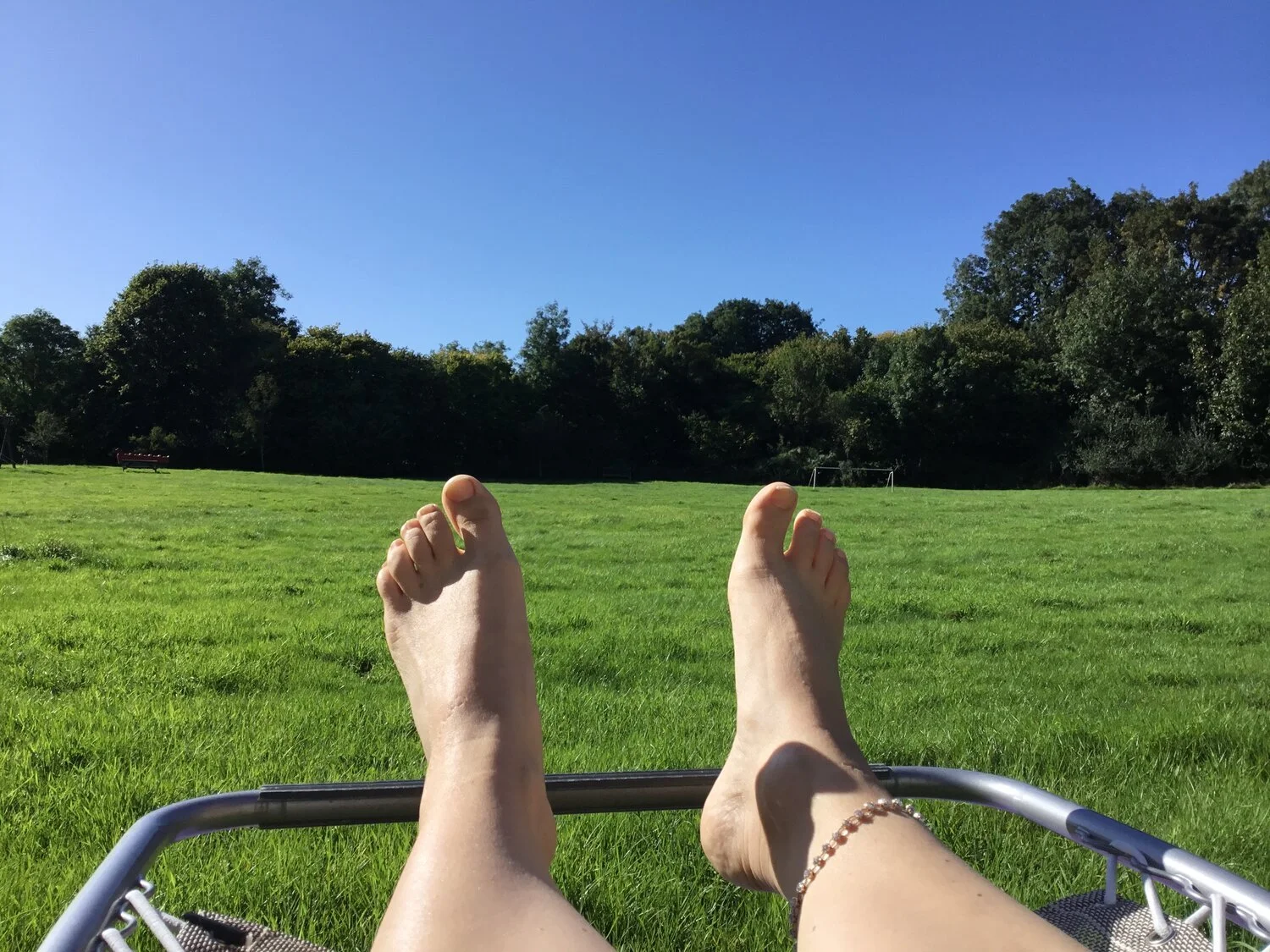Interoception: the eighth sensory system
In a BACME (British Association of Clinicians in ME/CFS) supervision session this week, somebody mentioned ‘interoception’. This reminded me of what I knew and led to a little more research too.
Interoception can sometimes be described as the ‘eighth sensory system’ and refers to the process of how the brain senses and integrates signals originating from inside the body, providing a moment by moment mapping of the body’s internal landscape.* This can be both conscious and unconscious. It relates mostly to how we ‘feel’. It helps the process of homeostasis and has been described as a multi-faceted process.
So, imagine taking a pause and sitting down, closing your eyes and focusing on your body:
• Is your heart beating fast or slow?
• Are you breathing deeply or shallowly?
• Do you have to go to the bathroom?
• Are your muscles tense or loose?
• How does your stomach feel?
It’s our sensory system, interoception, that helps us know how we feel by gathering and interpreting information from sensory receptors, and sending it to the brain. The brain then uses the information to help us figure out how we are feeling and enables us to recognise conditions like hunger, itchiness, pain, body temperature, nausea, the need for the loo, physical effort and sexual arousal. It helps us feel emotions too.
We may be aware of the sensations that indicate that we are feeling a bit nervous; muscles may feel tense, our breathing may be shallow and quick, we might feel ‘butterflies’ in our tummy. If we can identify that these feelings equate to anxiety / nervousness / stress then we can start to figure out how to best manage or control these feelings.
With good interoception skills we learn to self-regulate. We learn to notice the sensations that tell us that something is not quite right and can motivate us to change something or take action to help restore our body’s internal balance and help us feel better. For example, if we are thirsty we will have a drink or if we are cold, we’ll put on a jumper.
As a therapist I’m often suggesting to clients to ‘listen to their body’ and it is the challenge at times of ‘hearing’ the interoceptive cues, which can be difficult when life is busy. We also know that interoception can be linked to good self-awareness, problem solving abilities, intuitive social skills and flexible thinking – all skills we’d love to hone and skills that help us achieve a healthy balance in our life.
So perhaps the challenge is to ‘tune in’ to your eighth sense and really notice what you are feeling sometimes? It might be interesting.
*(Khalsa, Sahib S.; Lapidus, Rachel C. (2016). "Can Interoception Improve the Pragmatic Search for Biomarkers in Psychiatry?". Frontiers in Psychiatry. 7: 121.)
Written by Charlie Adler, Specialist Occupational Therapist


